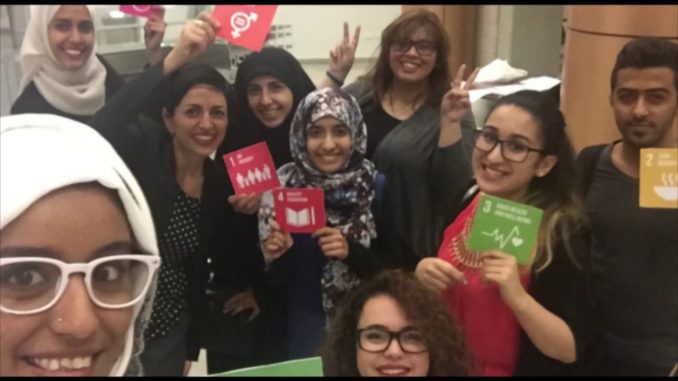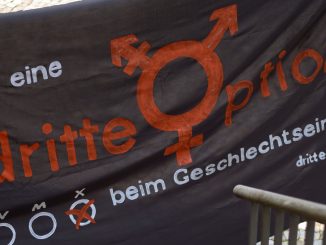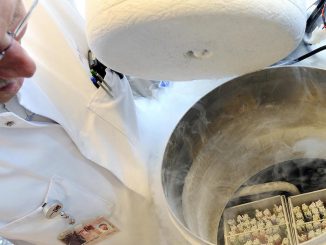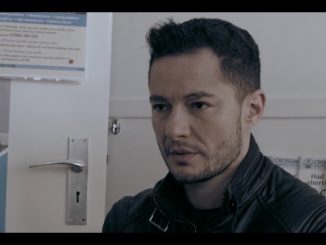
- Institute for Women’s Studies in the Arab World (IWSAW) of the Lebanese American University (LAU) invited sexual reproductive health and rights experts Cynthia El Khoury for a talk on her study concerning transgender women in Lebanon.
- The study was an intervention project with the goal of addressing lack of connectedness among transgender individuals.
“It is legal to identify yourself as trans in Lebanon, there is nothing to prevent it,” said Cynthia El Khoury, an expert on sexual and reproductive health and rights, in her November 21 talk presented to the Institute for Women’s Studies in the Arab World (IWSAW) of the Lebanese American University (LAU).
According to the transgender news article posted on LAU’s website last December 5, El Khoury was responding to the recent legal victory for transgender rights. The Lebanese Court of Appeals ruled that an individual who underwent gender-reassignment procedure has the right to legally change his sex.
She however added that many transgender women suffer harassment from both the public and the police.
El Khoury was invited by the IWSAW in its Food 4 Thoughts series to present her findings as the research director of Baynetna, a study that focused on sexual and mental health needs of trans women in Lebanon.
Sarah Wehbe, the facilitator of the focus-group discussions on challenges trans women in the country face, also contributed to the discussion.
“We’re not a community yet, so it took a while for everyone to trust each other and trust us,” Wehbe said. “We need to be a stronger community in order to demand our rights.”
El Khoury affirmed, saying that there was little insight available prior to the research. “We knew so little about trans women. Now they want to organize.”
While transgender issues are part of the communication in human rights and gay rights groups, El Khoury said that the absence of a transgender community means that there is little attention given to their particular needs.
She also responded to a question whether a trans-right movement can become trans-national, saying that there are many commonly shared terminologies in Middle East countries.
Additionally, she advised caution when asked to come up with reference guide for such terminology, “People usually don’t want to offend, but a lack of knowledge or familiarity inadvertently results in awkwardness if not offense.”
The Baynetna pilot-test project is a four-year research funded by the National Institutes of Mental Health and was designed after a similar intervention project for trans women in Los Angeles. It was conducted to examine its feasibility, acceptability and impact in Lebanese context and featured focus group discussions, interviews, and community advisory board meetings.
It was created as a means to address the lack of sense of community connectedness among transgender individuals in Beirut, capital city of Lebanon.
The Food 4 Thought series by IWSAW aims to promote inclusivity among population of LAU.
IWSAW director Lina Abirafeh said, “I’d like students, and everyone, to see that sometimes when you find your own voice and use it in service of others, you end up giving voice to something that needs to be exposed, shared, and addressed. In that way we can all be activists and pioneers.”



Be the first to comment